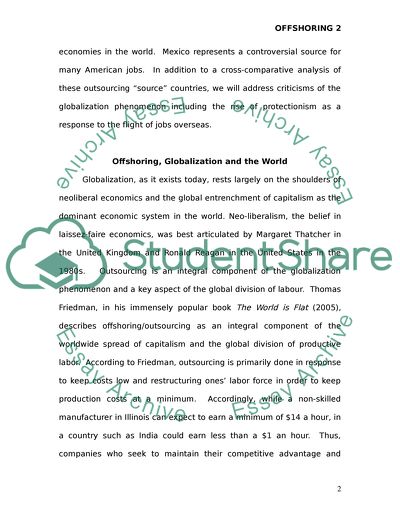Cite this document
(Offshoring, Globalization and the World Case Study, n.d.)
Offshoring, Globalization and the World Case Study. Retrieved from https://studentshare.org/macro-microeconomics/1510753-offshoring
Offshoring, Globalization and the World Case Study. Retrieved from https://studentshare.org/macro-microeconomics/1510753-offshoring
(Offshoring, Globalization and the World Case Study)
Offshoring, Globalization and the World Case Study. https://studentshare.org/macro-microeconomics/1510753-offshoring.
Offshoring, Globalization and the World Case Study. https://studentshare.org/macro-microeconomics/1510753-offshoring.
“Offshoring, Globalization and the World Case Study”, n.d. https://studentshare.org/macro-microeconomics/1510753-offshoring.


